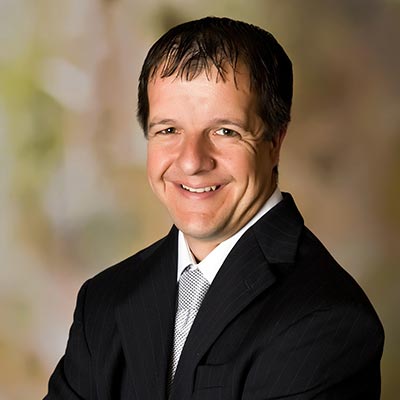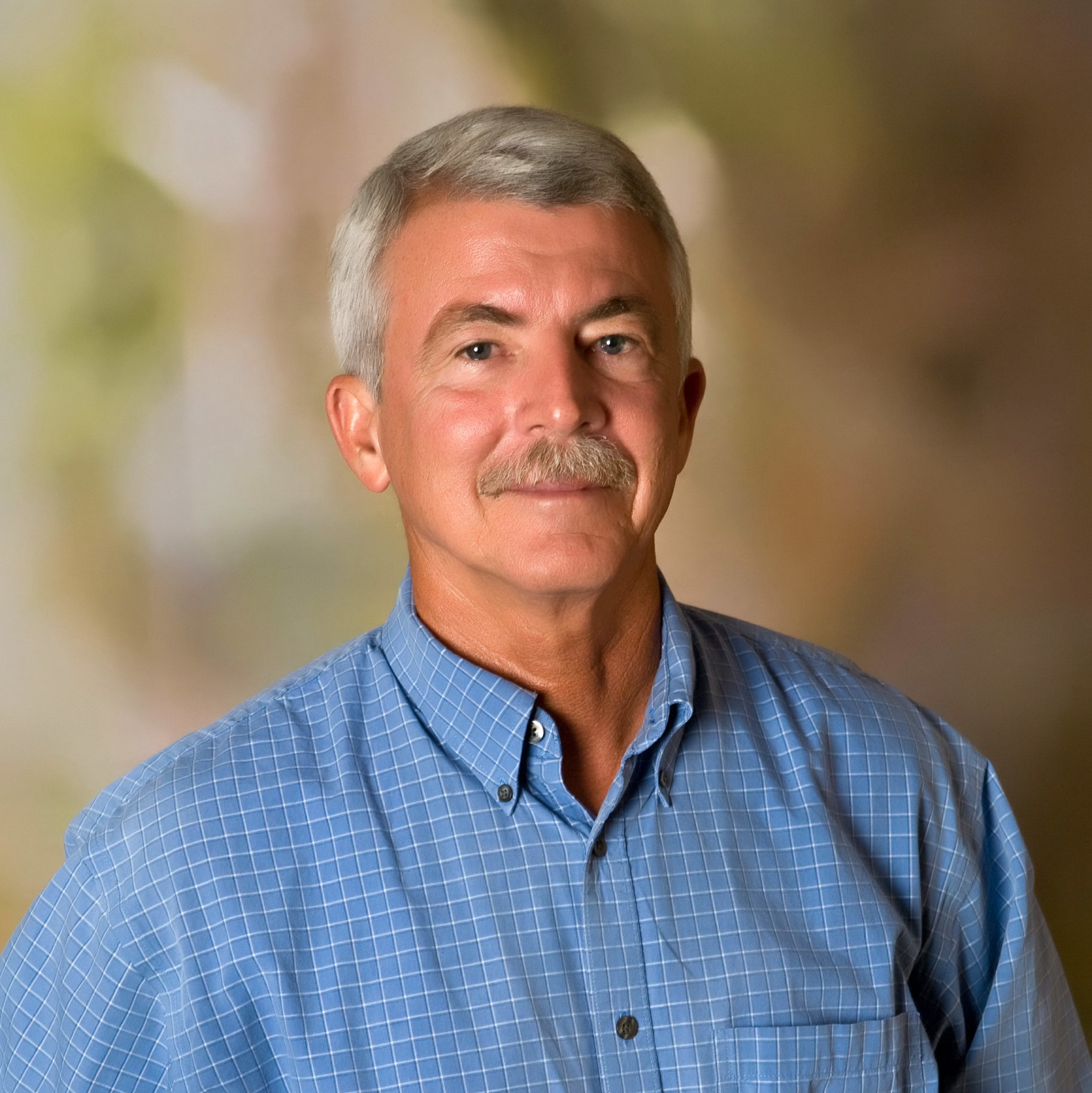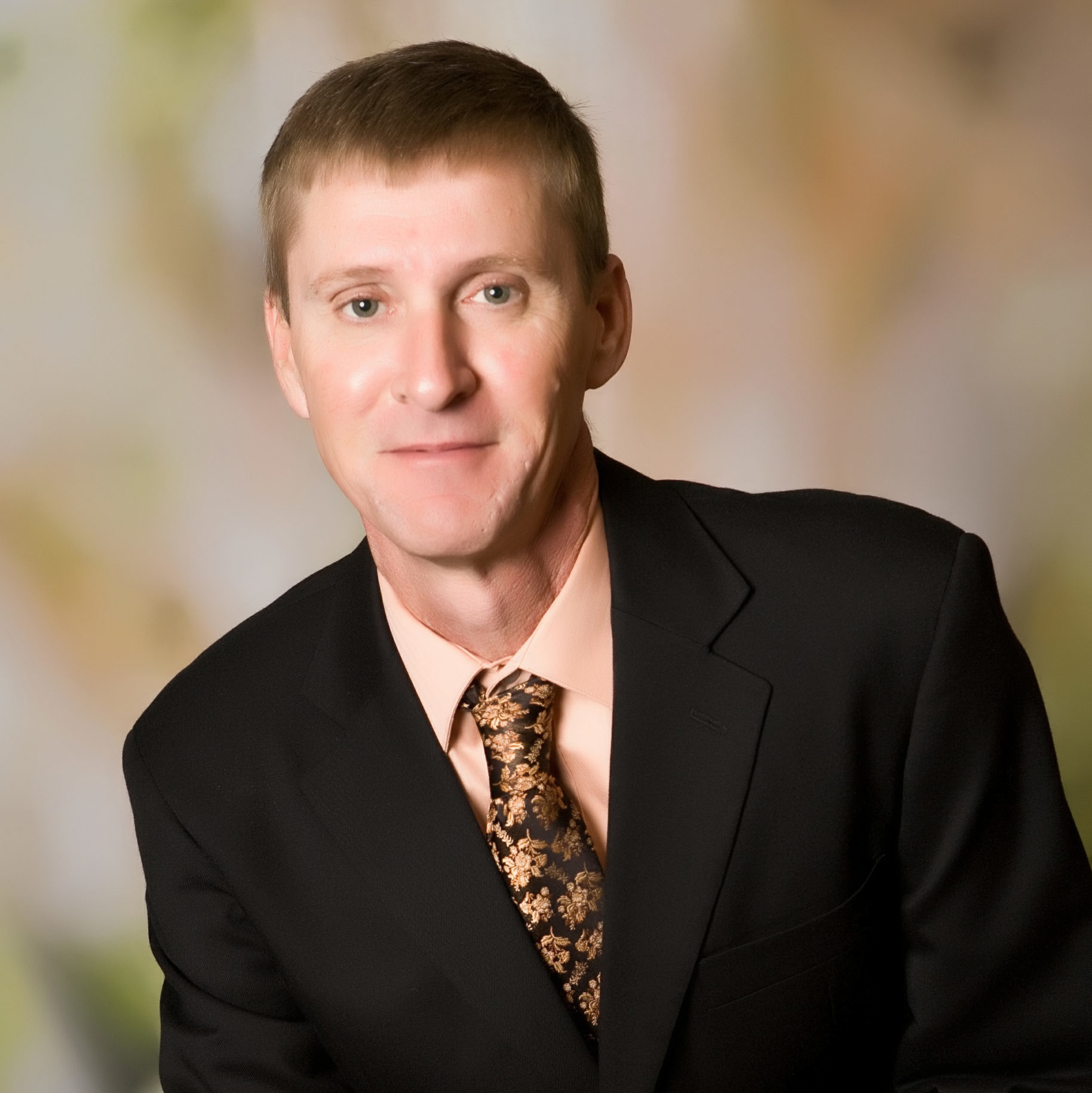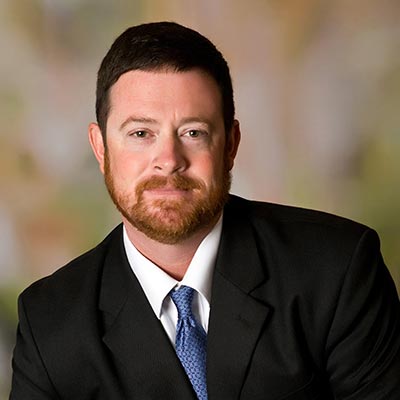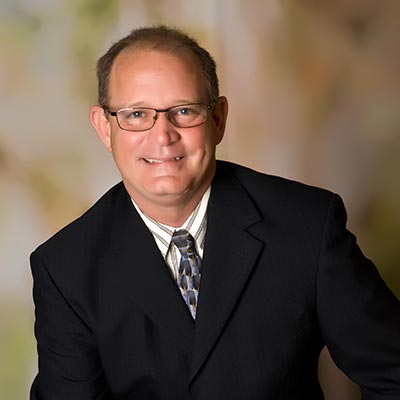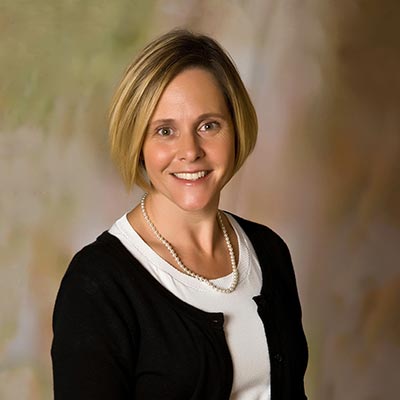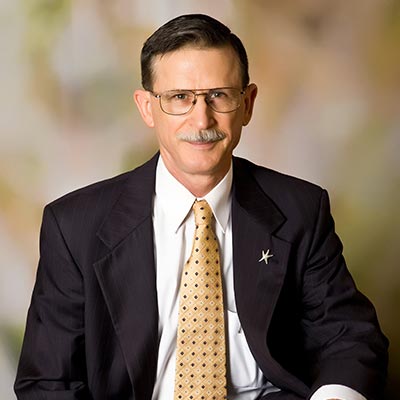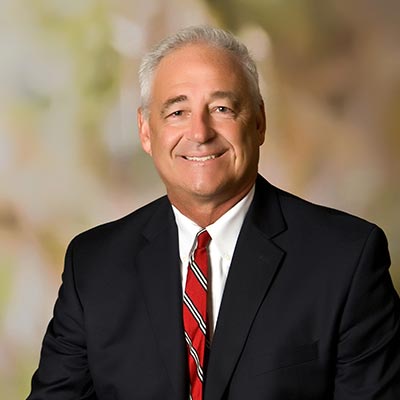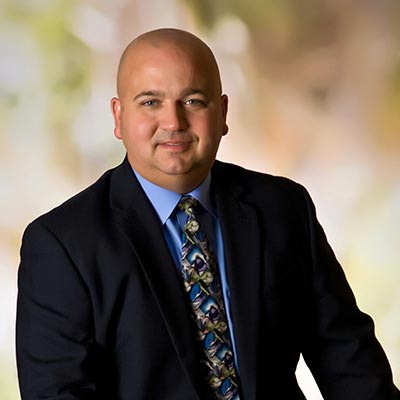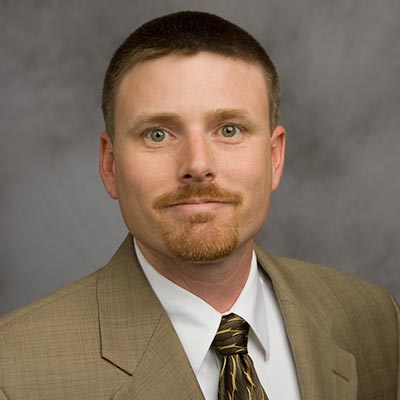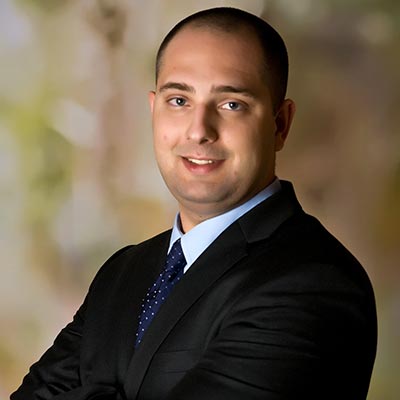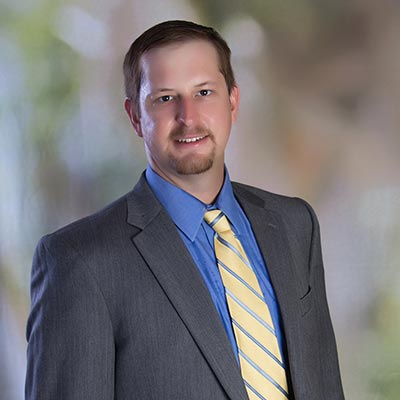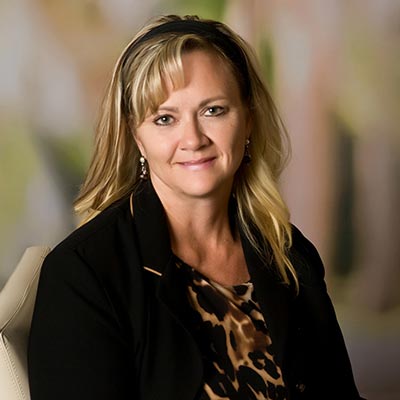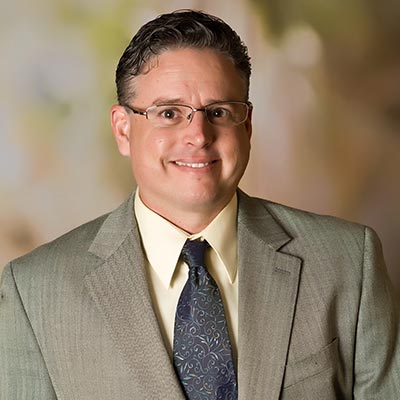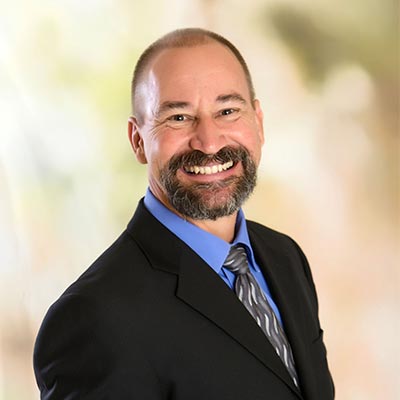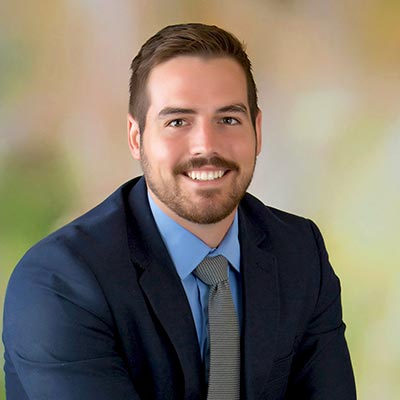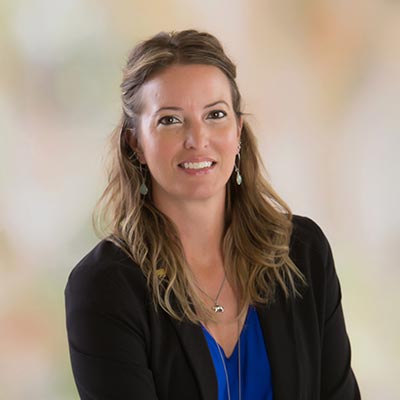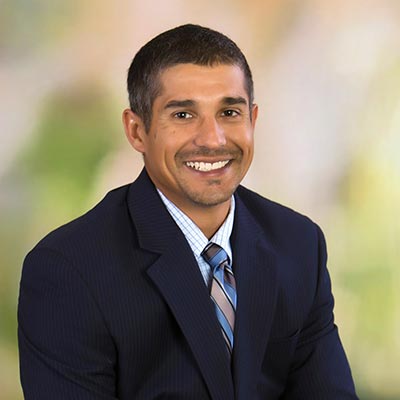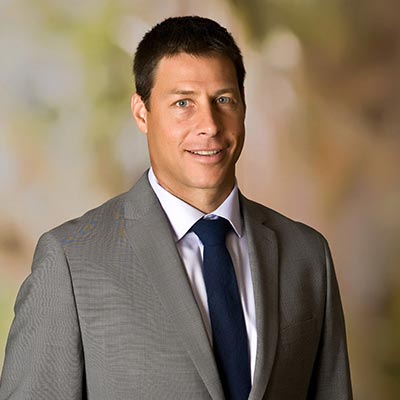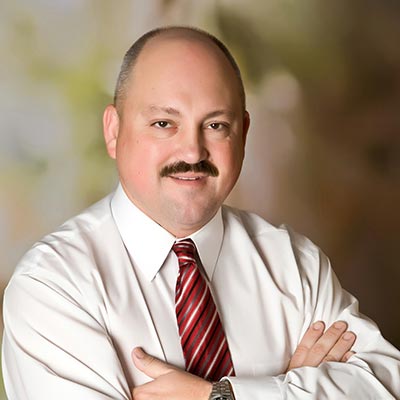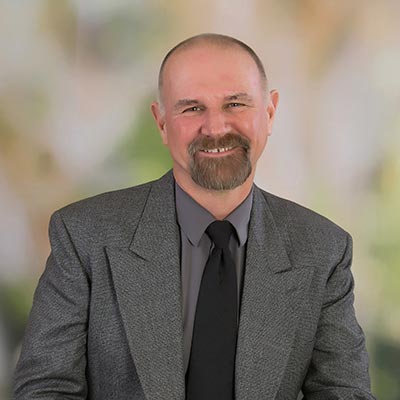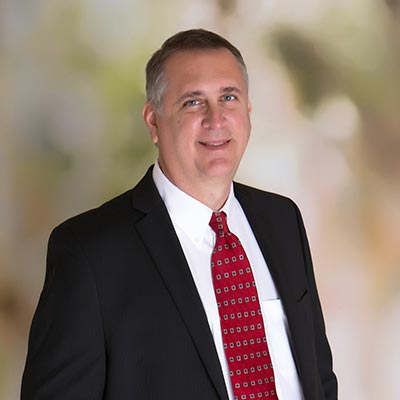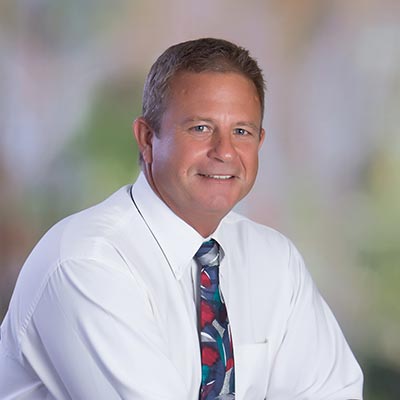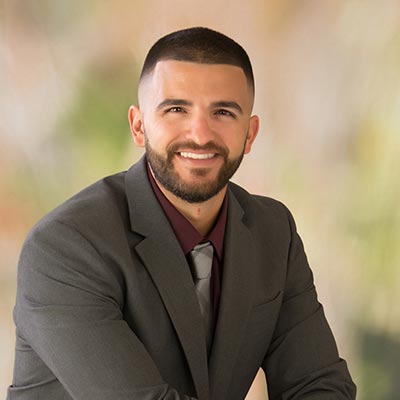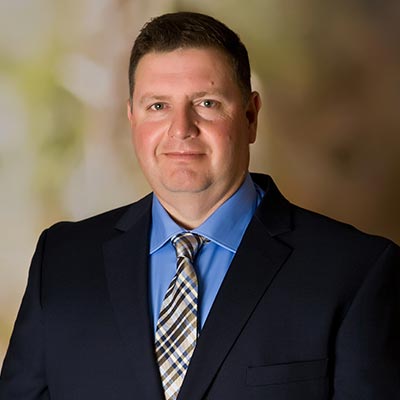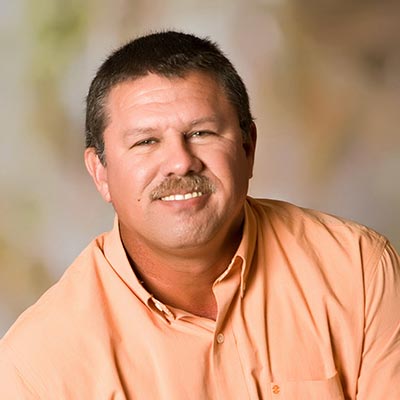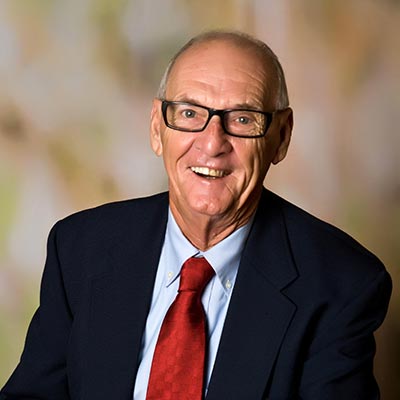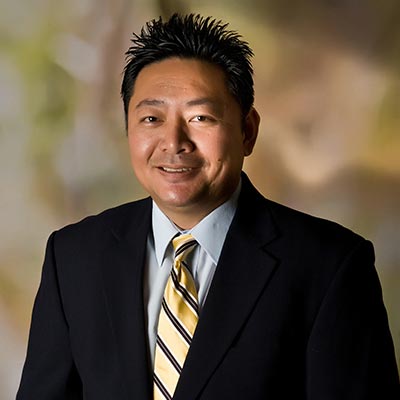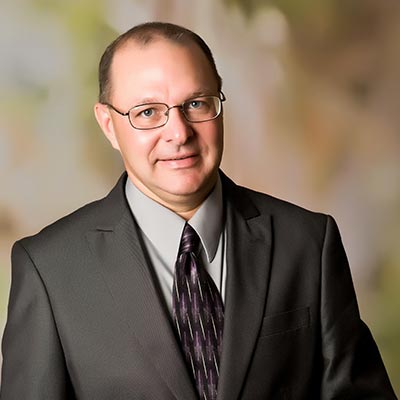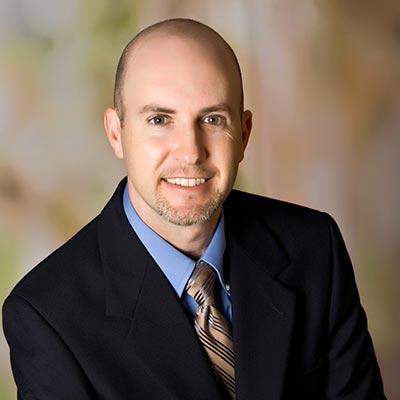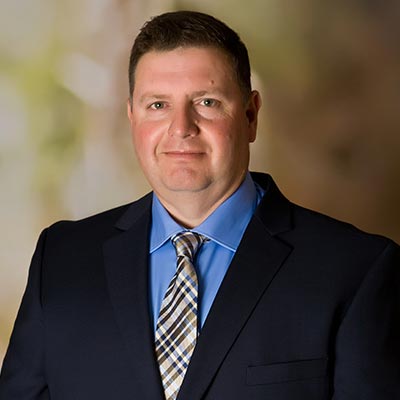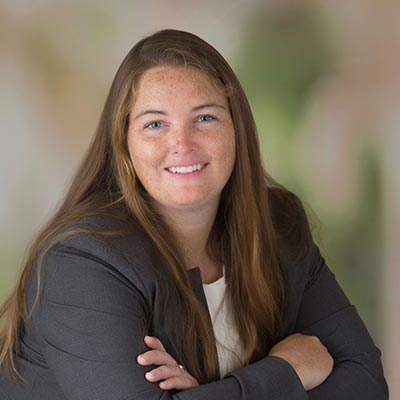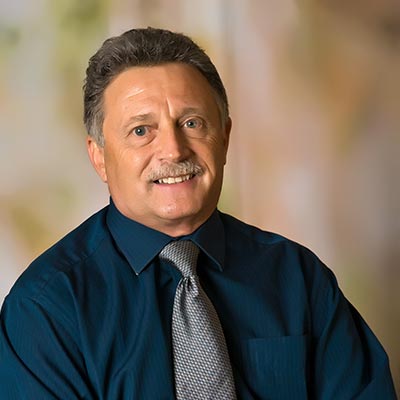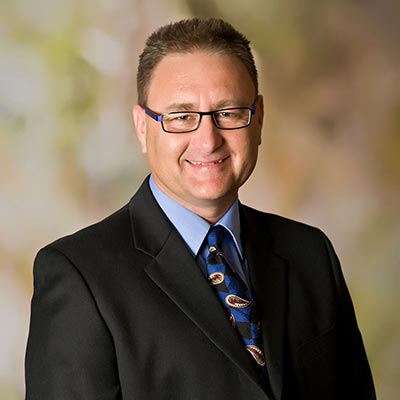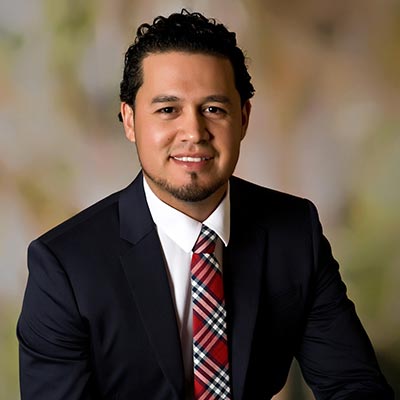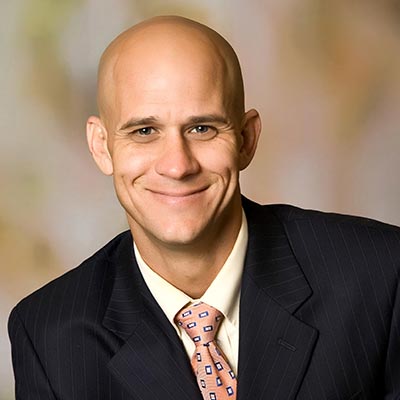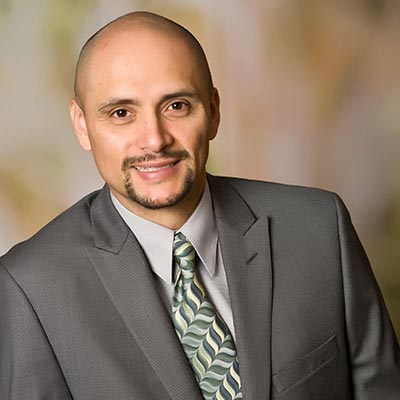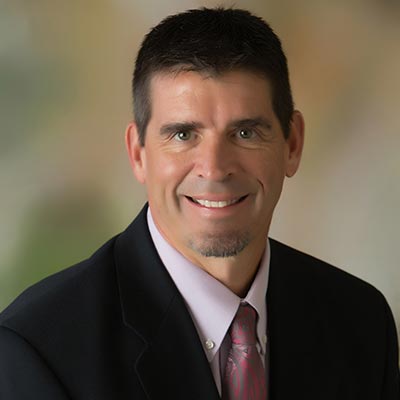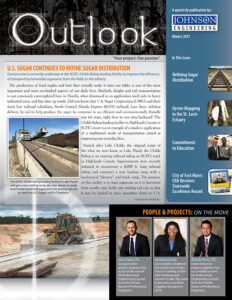 The production of food staples and how they actually make it onto our tables is one of the most important and most overlooked aspects of our daily lives. Similarly, freight and rail transportation is not commonly contemplated here in Florida, often dismissed as an application used only in heavy industrial areas and big cities up north. Did you know that U.S. Sugar Corporation (USSC) and their short line railroad subsidiary, South Central Florida Express (SCFE) railroad, have been utilizing delivery by rail to help produce the sugar we consume in an efficient and environmentally friendly way for years, right here in our own backyard? The Childs Siding loading facility in Highlands County is SCFE’s most recent example of a modern application of a traditional mode of transportation aimed at improving our everyday lives.
The production of food staples and how they actually make it onto our tables is one of the most important and most overlooked aspects of our daily lives. Similarly, freight and rail transportation is not commonly contemplated here in Florida, often dismissed as an application used only in heavy industrial areas and big cities up north. Did you know that U.S. Sugar Corporation (USSC) and their short line railroad subsidiary, South Central Florida Express (SCFE) railroad, have been utilizing delivery by rail to help produce the sugar we consume in an efficient and environmentally friendly way for years, right here in our own backyard? The Childs Siding loading facility in Highlands County is SCFE’s most recent example of a modern application of a traditional mode of transportation aimed at improving our everyday lives.
Named after Lake Childs, the original name of the what we now know as Lake Placid, the Childs Siding is an existing railroad siding on SCFE’s track in Highlands County. Improvements were recently initiated to reconstruct a 4,000 ft. long railroad siding and construct a new loading ramp with a mechanical “elevator” and truck ramp. The purpose of this facility is to load sugarcane as it is harvested from nearby cane fields into waiting rail cars so that it may be hauled in mass quantities down to U.S. Sugar’s mill in Clewiston. Given the sheer volume of cane moved in just a single season, transport by rail is by far the most efficient means of delivery.
In addition to the added operational efficiency, rail transport is one of the most environmentally responsible methods of delivery. A single train from this facility can carry as much as sixty tractor-trailers. That is sixty less tractor-trailer round trips traveling on U.S. 27 between Lake Placid and Clewiston for every train. The net result in any given year is hundreds to thousands fewer truck trips, less wear and tear on our roads, and considerably less fossil fuel consumption. The Florida Department of Transportation (FDOT) realized this regional benefit and provided grant funding to assist in the project. As an added environmental benefit, the project also utilized steel ties in lieu of the traditional timber ties. In addition to conserving timber resources, steel ties last up to five times as long as timber ties in this climate and are 100% recyclable at the end of their useful life.
Of course, many things worth doing are not easy. The site design was no exception and presented considerable challenges. A problem not typically faced in south Florida, the design team had to come up with 4,000 ft. of flat ground for the track bed so that waiting train cars don’t roll away. With 15 ft. of natural grade differential (Highlands County is named as such for good reason) across the project limits, tremendous planning and considerable earthwork was needed in developing the site grading and rail geometry.
Together the SCFE and Johnson Engineering design team came up with a layout that utilized existing right-of-way to the maximum extent with minimal adjacent property impacts. The project resulted in zero impacts to a nearby wetland habitat and no impacts to any protected animal species were incurred. In fact, the overall improvements also included a cascading series of dry retention treatment ponds to provide full water quality treatment for rainfall runoff for an area within an impaired watershed that previously received no treatment.
The prime contractor, R.W. Summers, recently finished construction of the site and rail improvements, moving over 30,000 CY of soil and constructing nearly a mile of new rail in only a couple months. As SCFE staff adds the finishing touches this facility will very soon be up and running. The Childs Siding project is a great example how farmers, engineers, and contractors can work together, applying a traditional method in a not-so-traditional fashion, to overcome challenges and not just maintain the comfortable lifestyles we take for granted but improve upon the environment we hand over to our children.
For more information contact Ryan Bell, P.E., PTOE at [email protected].







